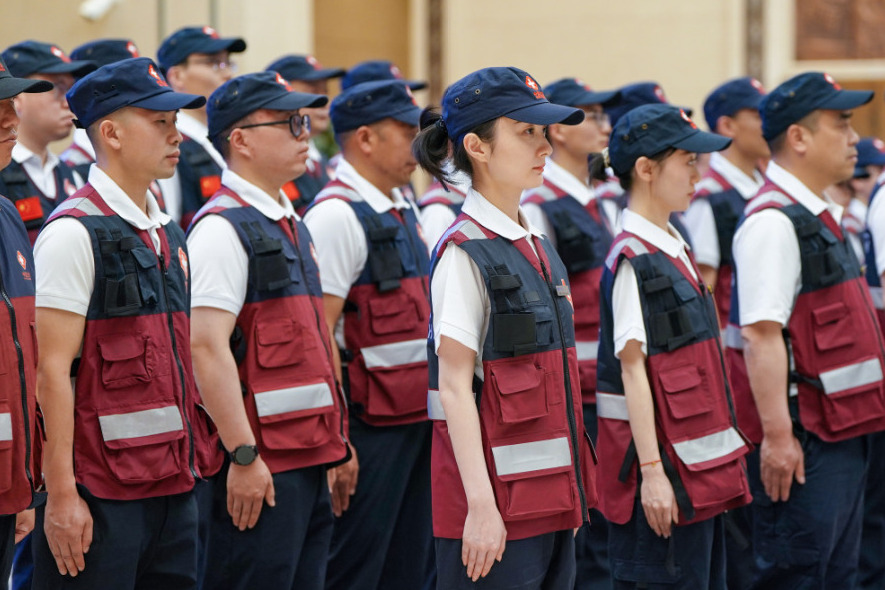8,000-year-old Neolithic ruins unearthed in NE China

SHENYANG -- Chinese archaeologists have excavated the ruins of an 8,000-year-old Neolithic village in Fuxin City, northeast China's Liaoning Province.
More than 2,500 ancient items have been unearthed after excavating an area over 1,000 square meters.
Twelve houses and two ditches were found. The houses were built semi-underground like caves, each with a cooking range. Pottery, jade and stone items were also unearthed from the houses.
Eight km away, the ruins of Chahai Village of the same Neolithic era had been found earlier.
Wang Chuang, from the School of History at Liaoning University, said the early human activity of the same culture had first been found in Xinglongwa, north China's Inner Mongolia Autonomous Region, and was named Xinglongwa Culture, featuring early agriculture and hunting.
He said that it came before the Hongshan culture, a Stone-Age society from 5,000 years ago, known for the archaeological finding in northeast China of a prehistoric jade artifact with a dragon symbol.
- China expected to achieve higher grain output in 2025: report
- Chinese firms to lead transformation and competitiveness in AI era
- Images: The ancient Xiamei village in Fujian
- Road collapse leaves two dead in Shanxi
- Woman detained for stopping train doors from closing
- More Chinese students going abroad, and destinations are diversifying






































